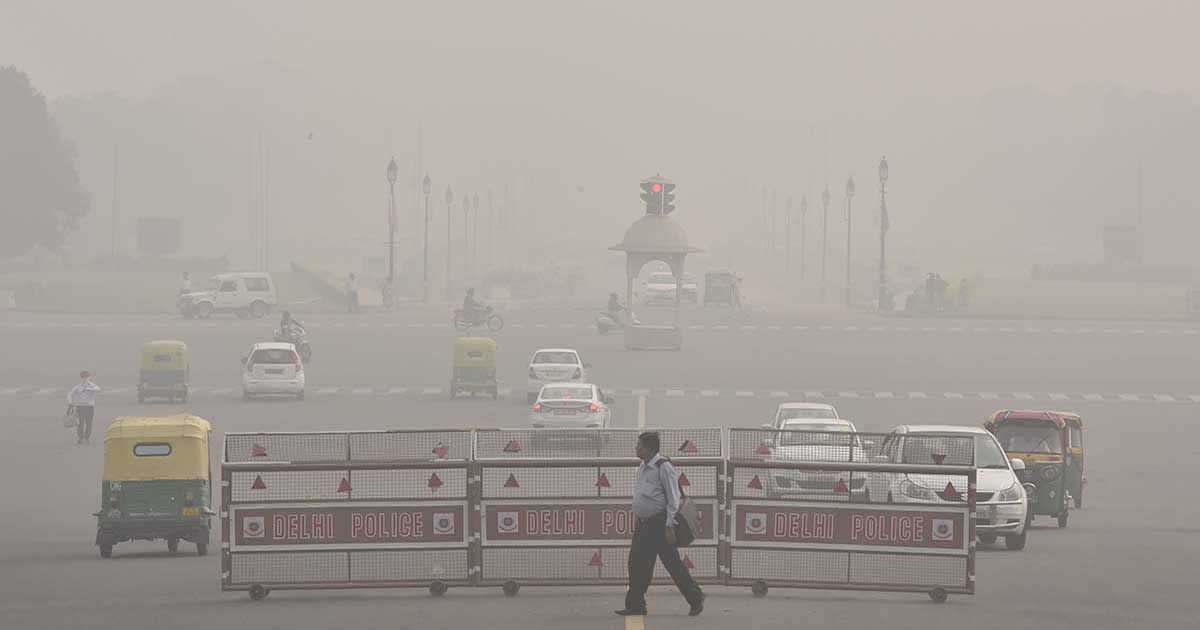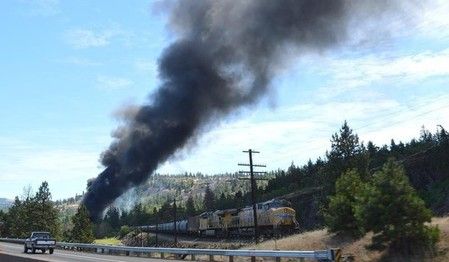Advertisement
India’s Smog Is a Visual Reminder Why Clean Air Rules Are Important
By Mara Sandroff
2 min read
Advertisement - Continue reading below

For the past week, toxic smog has suffocated New Delhi, and the city has declared a severe public health emergency. More than 6,000 schools were closed last week, and hundreds of planes and trains have been cancelled or delayed. Hospitals are filling with patients suffering from pneumonia, bronchitis, and other pollution-induced ailments.
The New Delhi air pollution has surpassed that of Beijing, the city most infamous for poor air quality. As of Monday, Nov. 13, New Delhi scored 468 on the air quality index — 10 times higher than the recommended limit. That’s an improvement from last week, where the AQI reached more than 999 in some areas of the city. Berkeley Earth compares these levels to smoking 44 cigarettes a day.
Arvind Kejriwal, New Delhi’s top elected official, likened the city to a “gas chamber.”
This is not the only year New Delhi has struggled with poor air quality. Residual crop burning by farmers in bordering states of Haryana, Punjab, and Uttar Pradesh has contributed to New Delhi’s pollution. Authorities have struggled to discipline the impoverished farmers, who have been practicing crop burning for generations.
Many residents of New Delhi feel authorities need to do more. “[Clean air] is a basic right,” said Nikunj Pandey, who wears three layers of pollution masks over his mouth. “A basic right of humanity.”
New Delhi’s situation serves as a reminder about the importance of clean air rules, but they aren’t isolated. Pollution problems also exist in America.
Do you think it’s time everyone do their part to help the environment?
Advertisement - Continue reading below










